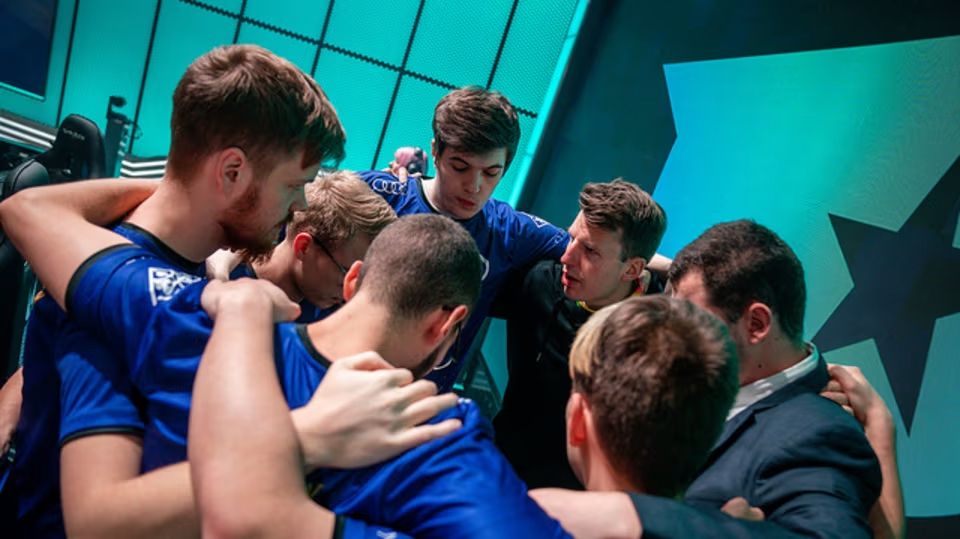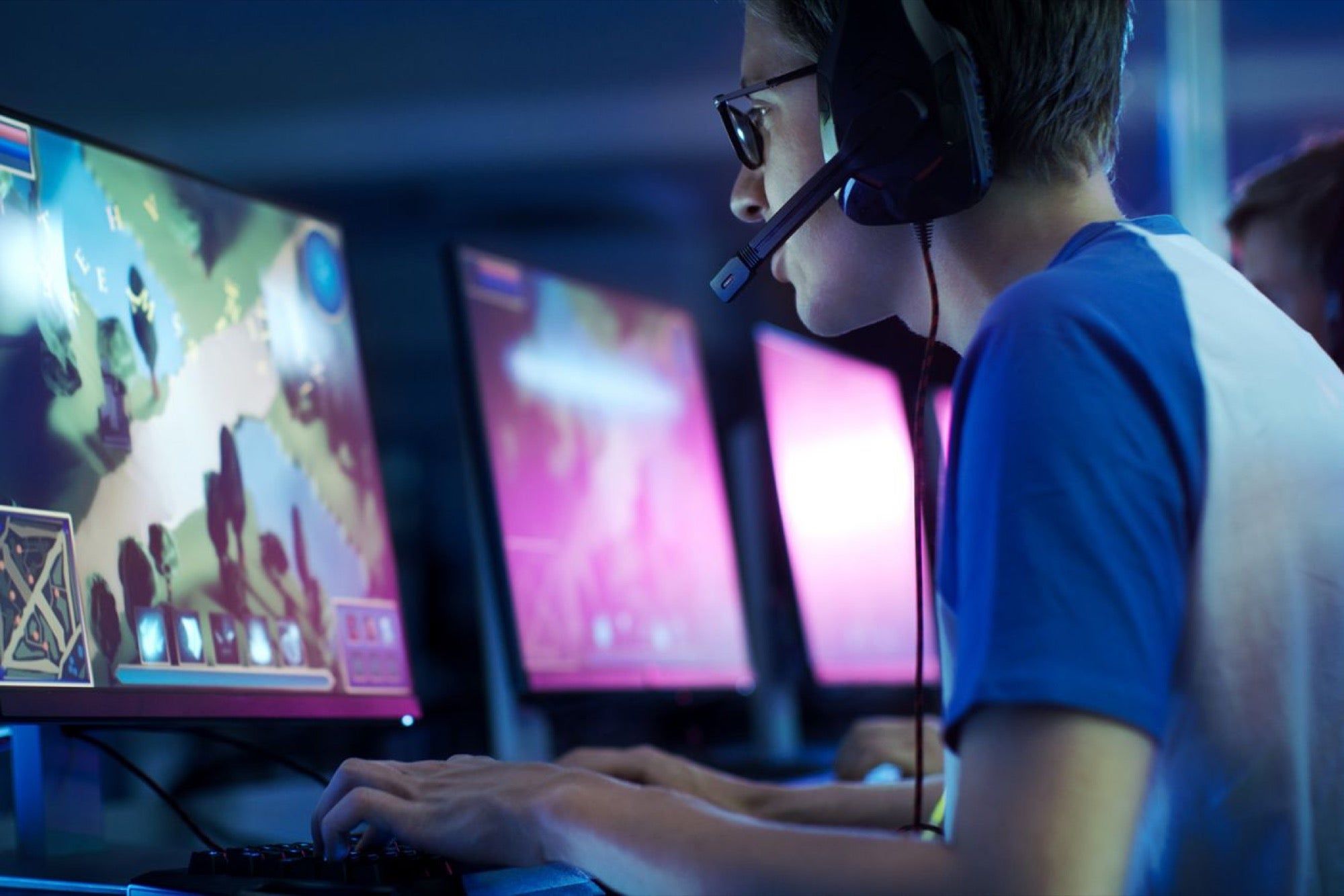How Online Games Help People Make Friends Around the World
10/2/2025

The digital world has transformed the way people interact and build relationships. Online gaming, once considered a simple form of entertainment, has evolved into a powerful social tool that connects players from different countries and cultures. Through shared experiences, teamwork, and communication, gamers forge strong friendships that transcend geographical boundaries. This article explores how online games help people build meaningful connections worldwide.
The Social Nature of Online Gaming

Online games are inherently social, designed to encourage player interaction. Multiplayer games, in particular, require teamwork and coordination, fostering a sense of camaraderie among players. Voice chats, messaging systems, and social features in gaming platforms allow players to communicate and bond over shared experiences.
Moreover, gaming communities are often built around specific titles, creating spaces where players can discuss strategies, share achievements, and support each other. These virtual environments serve as platforms where friendships are nurtured, sometimes lasting for years beyond the game itself.
The sense of belonging in these communities can be especially meaningful, providing social connections for individuals who may struggle to find them elsewhere. Competitive and cooperative gameplay further strengthens these bonds, as players rely on one another to achieve shared goals. Additionally, in-game events, tournaments, and live-streamed content contribute to the development of tight-knit communities, where players celebrate victories, learn from defeats, and grow together. As a result, online gaming not only facilitates entertainment but also fosters meaningful relationships that transcend digital spaces.
These connections often extend into real life, with players organizing meetups, participating in charity events, or even collaborating on projects outside of gaming. As gaming becomes more mainstream, its social aspects are also evolving, with some players forming support networks or engaging in conversations that go beyond gameplay. Furthermore, the growth of online gaming platforms has made it easier for individuals from all walks of life to join communities, regardless of geographical location or background, enhancing the diversity and inclusivity of these spaces. Ultimately, the social impact of online gaming is profound, creating lasting bonds and a sense of community that stretches far beyond the confines of the virtual world.
Competitive Gaming and Teamwork

One of the key elements of online games is competition, which often necessitates collaboration and trust among teammates. In games like first-person shooters, battle royales, and MOBAs, players must work together to achieve victory. This requirement for teamwork naturally leads to forming connections with fellow gamers.
For example, in Counter-Strike, players rely on each other for strategic gameplay, which strengthens their bonds over time. Engaging with counter strike news helps players stay updated on the latest tournaments and community events, further fostering a sense of belonging in the gaming world.
This sense of community fosters long-term engagement, as players build friendships, rivalries, and networks that extend beyond the game itself. Esports tournaments further enhance this dynamic by offering opportunities for aspiring players to showcase their skills, gain recognition, and even pursue professional careers. Additionally, advancements in game technology and streaming platforms continue to make competitive gaming more accessible, allowing a wider audience to participate and stay connected with the evolving esports landscape.
Breaking Cultural and Language Barriers
Online gaming provides a unique opportunity for people from different backgrounds to interact and learn from each other. While language differences can sometimes be a challenge, many games offer built-in translation tools or non-verbal communication options like pings and emotes.
Additionally, many gamers find themselves picking up new languages through repeated interactions with international players. Exposure to different cultures enhances their understanding and appreciation of global diversity, making online gaming a gateway to cross-cultural friendships.
This cultural exchange extends beyond in-game interactions, as players often engage in discussions on forums, social media, and streaming platforms, further deepening their understanding of different perspectives. Collaborative gameplay fosters teamwork and adaptability, encouraging players to develop empathy and problem-solving skills in diverse environments. As a result, online gaming not only entertains but also serves as a powerful tool for building connections and broadening worldviews in an increasingly interconnected digital landscape.
Moreover, the shared experiences in online gaming often lead to the formation of cross-cultural communities that celebrate diversity and promote inclusivity. These communities offer a space where players can share their traditions, customs, and personal stories, contributing to a richer gaming experience for everyone involved. As players collaborate, compete, and communicate with others from different parts of the world, they gain a deeper appreciation for the nuances of various cultures. Online gaming, therefore, not only bridges the gap between different languages and backgrounds but also cultivates a sense of global unity, allowing players to bond over common interests and mutual respect, regardless of their origins.
Supportive Gaming Communities
Beyond in-game interactions, gaming communities play a crucial role in fostering friendships. Forums, Discord servers, and social media groups offer players a space to discuss their favorite games, share personal experiences, and seek support.
Many friendships begin through casual in-game encounters and extend to these community platforms, where players continue to engage with one another. Some even organize real-life meetups and gaming conventions, further strengthening their bonds beyond the digital space.
These connections often lead to lasting relationships, as players find like-minded individuals who share their passion for gaming. Online collaborations can evolve into friendships that extend to other aspects of life, including shared hobbies, career opportunities, and personal support networks. Additionally, the rise of esports and streaming culture has further united gaming communities, allowing fans to engage with their favorite players, participate in discussions, and contribute to the ever-growing social fabric of the gaming world.
Conclusion
Online games have revolutionized the way people connect and build friendships globally. Through teamwork, communication, and shared experiences, gamers form meaningful relationships that transcend borders. The social nature of online gaming fosters camaraderie, breaks cultural barriers, and provides emotional support to players worldwide. As gaming continues to evolve, its role as a powerful tool for social interaction and friendship will only grow stronger.